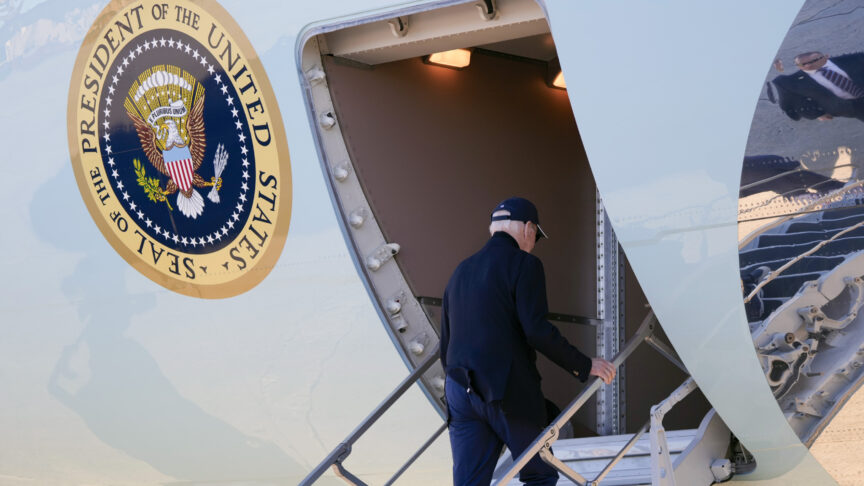The EU and human rights at the UN: 2010 review
Europe has lost support for its human rights positions at the UN
The EU's shambolic defeat over expanded rights at the UN wasn't just a humiliation – it was an illustration of how ineffectual and confused the EU has become on the UN stage.
Europe has lost influence to rising powers who emphasise sovereignty over human rights. The lure of Western liberal democracy has fallen during the economic crisis, while the credibility of alternative systems of development, such as Chinese-style authoritarian capitalism, has risen. Two new reports published by European Council on Foreign Relations experts show just how far Europe has slipped in this harsher international environment, and offer a way to restore the relevance and pull of Europe's values.
In 'The EU and human rights at the UN: 2010 review' Richard Gowan and Franziska Brantner analyse all the votes on human rights issues in the past year, and show that:
- 127 out of 192 members of the UN typically vote against EU human rights positions, up from 117 last year.
- Only half of full democracies (outside the EU) vote with the EU most of the time.
- The EU has lost focus, unity and resolve on issues ranging from Sudan to Gaza.
- Europe can no longer blame Bush for this: despite Obama's human rights engagement, this has been offset by deepening divisions and the defection of former de-facto allies like Brazil.
- The emergence of the G20 has left the Human Rights Council as little more than a forum for venting and posturing for political ends.
In 'Towards an EU human rights strategy for a post-Western world', Anthony Dworkin and Susi Dennison argue that:
- After the Cold War ended, history seemed on the side of European values such as democracy and human rights. But now, with authoritarian capitalism offering another route to prosperity, our credibility and soft power have fallen.
- Developing nations can turn elsewhere for trade & aid – for example China has replaced the EU as Sri Lanka's biggest trade & aid partner, with deep pockets and fewer strings attached.
- We now need a post-Western strategy to counter this collapse in soft power and the resistance the world has against being lectured by us about our values.
- This is not about altruism but creating stable and willing partners in areas like trade, climate change, energy and immigration.
- Europe needs to re-engage in a battle of ideas over our values, looking for achievable goals with more sensitivity to local needs and conditions – for instance Russian entrepreneurs who want a stronger rule of law, and Chinese campaigners against the death penalty.
The European Council on Foreign Relations does not take collective positions. ECFR publications only represent the views of their individual authors.


